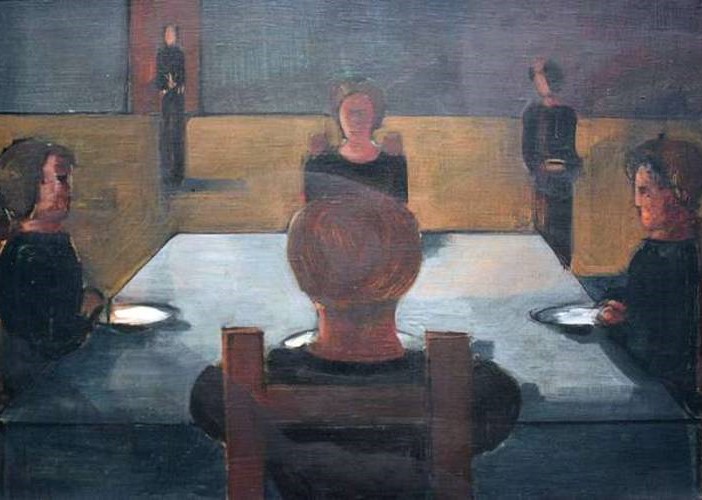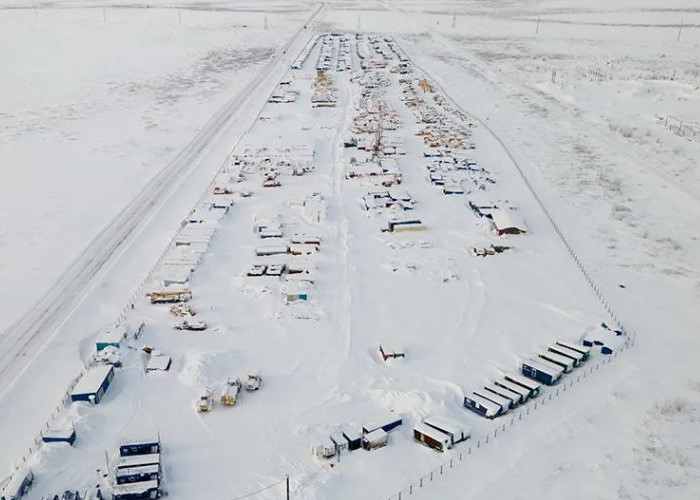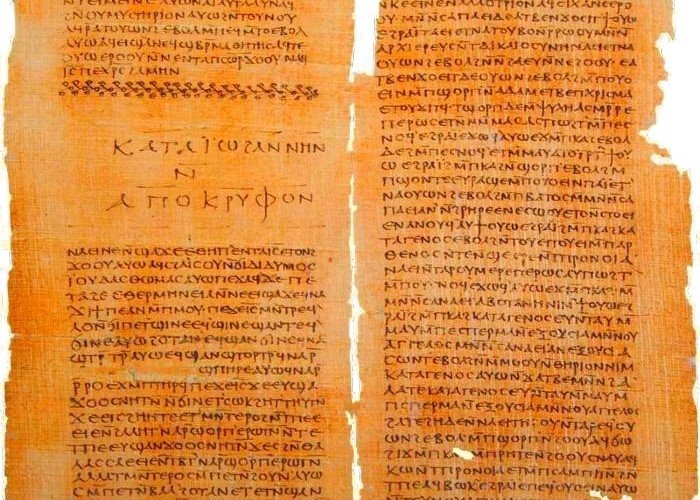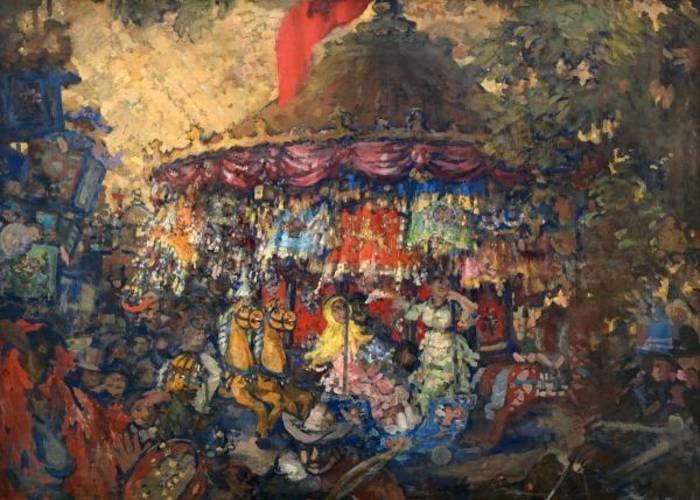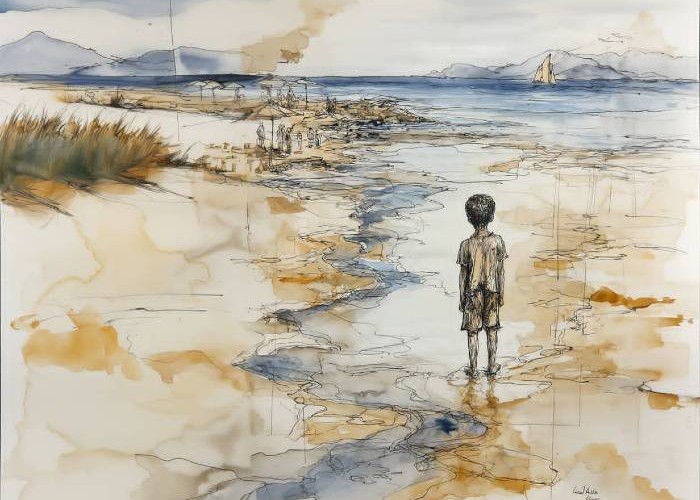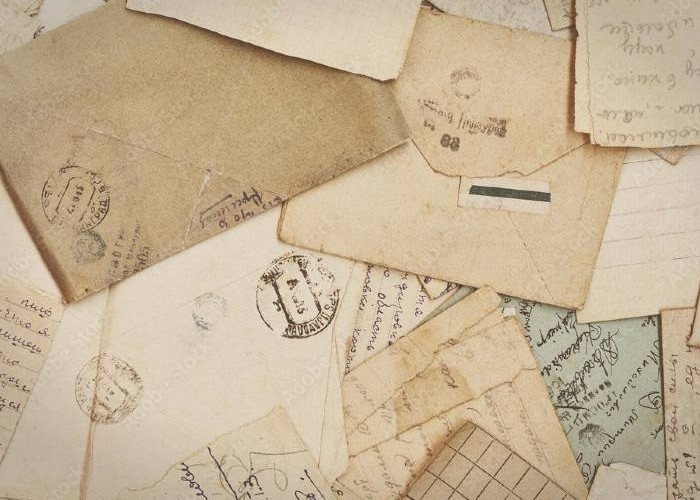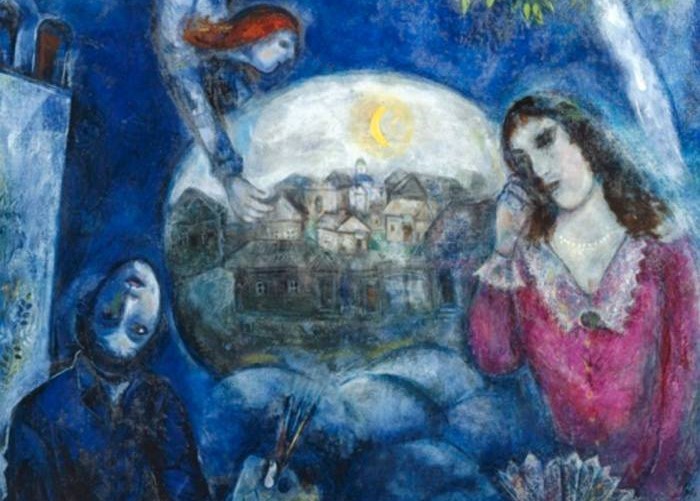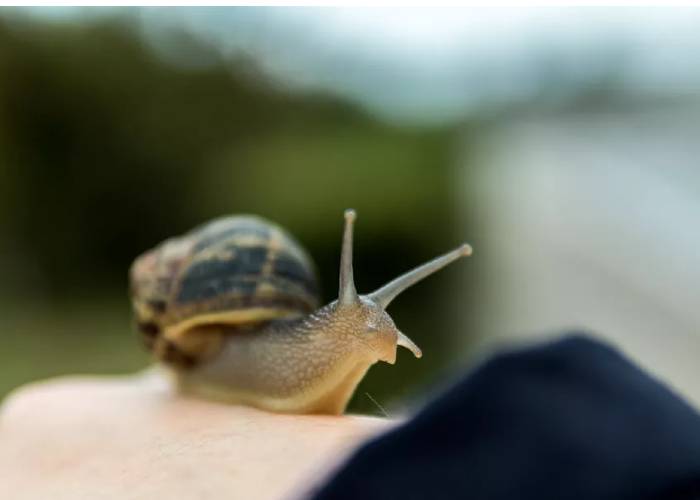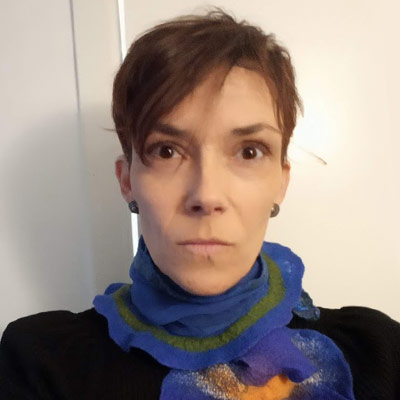Gosha was dying at home – in an ordinary cottage with cobwebs on the window jambs and faded dark green paint on the walls. He was living with his elderly grandmother. Nothing was known about his parents. He was around 16-18 years old. No, more likely 16 after all. His house was almost exactly opposite the village store. You couldn’t miss it. On that day especially. Gosha’s friends and some random onlookers were aimlessly milling around near the gate and partly on the road so that no cars could get through. Along the fence, like tied-up horses, the lads’ silent motorbikes and mopeds cut sad and somewhat guilty figures. During the night they had all been together. And it had been them who’d brought him home. While Gosha’s old “Yava” was lying in the undergrowth by the road, five kilometres from here. Spread-eagled like a squashed lizard. It was dying now too, just as its owner. During the night it had been drizzling, which is why Gosha had hit first a utility pole and then the undergrowth. And now his motorbike was still lying in the wet grass, all scratched up, crumpled, and covered in dirt. The engine had cooled down long ago, and a snail was proudly enthroned on the tank, proud of its new acquisition. The lads had just about managed to drag Gosha home, but his steed they’d left behind to die in the undergrowth in the company of a snail. The snail didn’t object.
To this day I remember the names and faces of those 16-18-year-old village lads who used to ride around on motorbikes. Their time was the night. During the day they caught up on sleep. In any case, you hardly ever saw them during the day. But when the night approached, they’d congregate around the local clubhouse, an awkward wooden construction with leaning walls, and gradually turn into zombies. As soon as darkness descended, they were buzzing like flies from one end of the village to the other, down to the stream, to the neighbouring village and back. They’d take girls for a ride and shout. I was a little boy and I didn’t understand them. I merely envied them because they had motorbikes. No matter how much I pleaded with my parents to buy me at least a moped, my plea was always met with a flat-out, ironclad refusal. The adults called our night-time bikers “rockers”. Why they used that term wasn’t clear. It was fashionable at the time to say “rockers”. Perhaps because the lads would sometimes turn up their tape-recorder and listen to rock music?
Sometimes you were about to fall asleep at night when you heard the sound of engines approaching. First the headlights lit up the window, then came the sound. One bike, another one, a third. I was able to tell by the sound who exactly was riding past the house. I had a large library of engine sounds at my disposal. Here was the throaty, low vibration of Stas’s “Izha”, and there was Gosha’s old “Yava” with its tinny rattle, and there the melodious song of the “Chezetta” belonging to Sanya Gorbadeev, who’d just returned from army service. A present from his parents on the occasion of his discharge. The adult community of the village, I must say, had a very negative attitude to this motorbike culture.
And now all these lads, some girls, and a few local drunks were aimlessly milling around near Gosha’s house. People walked past and stole furtive glances at the crowd, and the news about what had happened quickly spread around the village. Some said that Gosha’s entire face was gone. He was lying at home on the floor … and his face was gone. It was all a bloody mess. Of course, back then there were no helmets or other safety equipment. Even if they existed, people spurned them outright. Nobody dared to enter the house. I didn’t see how the ambulance arrived and took Gosha away. And anyway, I never saw him again.
During that night it had been drizzling, which was why the road was wet. And this is why Gosha had hit first a utility pole and then the undergrowth. The year was 1986. Soon summer would come to an end, the country would come to an end, my childhood would come to an end. Who could have known about it all? Perhaps only the snail on the motorbike.
Translated from Russian by Josephine von Zitzewitz


